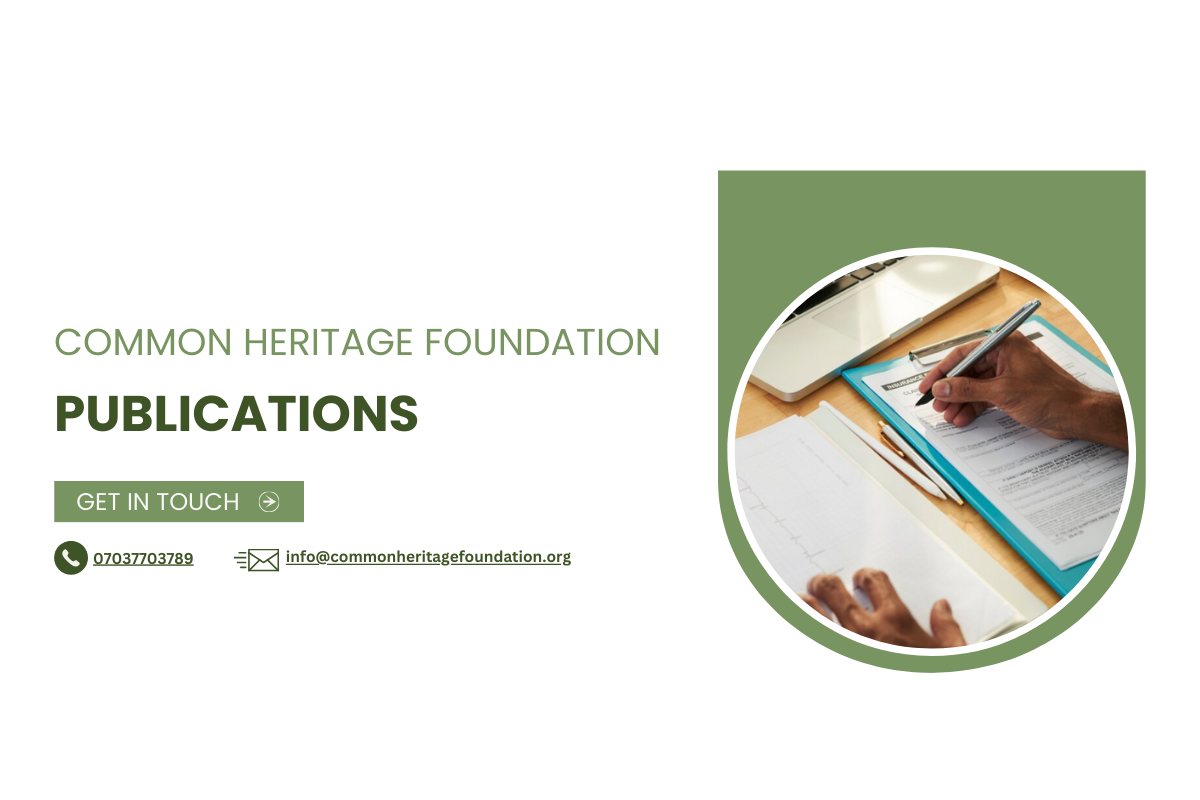Community interactive, Public Health and system resilience
Community Self-Treatment with ivermectin in Savanna Nigeria
A 3-step approach involving focus group discussion, structured interviews, and informal conversations with key individuals was used to investigate community usage and perceived benefits of ivermectin in nine Nigerian villages participating in a WHO-sponsored investigation of community-directed treatment with ivermectin (CDTI). Only 27% of 284 persons interviewed had received treatment.
An under-estimation of the district’s ivermectin needs led to inadequate supply of ivermectin to the communities, which was cited as the main reason (65%) for non-treatment. All those treated (N=76) were further interviewed using questionnaires. Worm expulsion (80%) and blindness prevention (68%) were the most frequently stated benefits. Other perceived benefits were an increase in vitality (68%), sexual drive, and performance (29%).
The sudden relief from a heavy burden of worms, which had built up over a long period, may have an indirect effect on all aspects of an individual’s health and account for diverse experiences. The feeling of vitality, good appetite, and general health following ivermectin treatment is an animating experience for many communities. Health planners face the challenge of preparing communities for fewer ‘sensational’ experiences and preventing a possible feeling of disappointment that may result from frequent usage.
Partners: World Health Organisation, multi-country study
Source: Community-perceived benefits of ivermectin treatment in northeastern Nigeria – PubMed (nih.gov)


